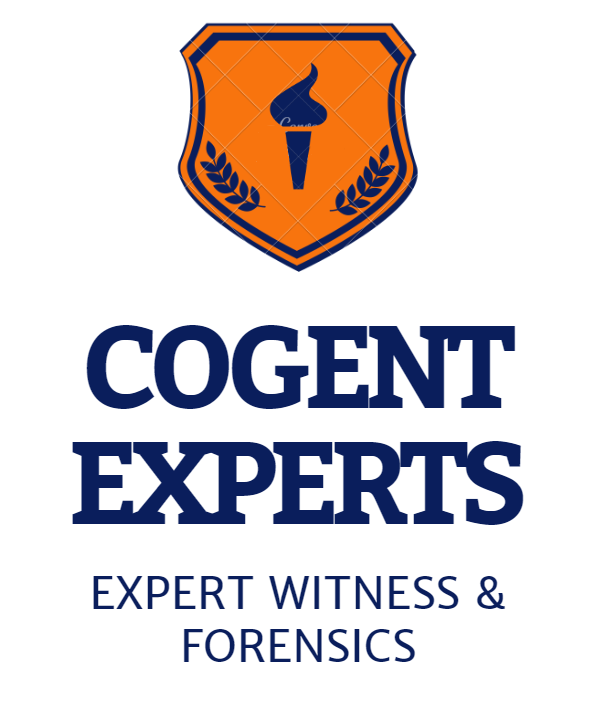Research and Development Tax Credit Expert
Leveraging Engineering, Architectural & Construction Knowledge with Certified Public Accountant Tax ExpertiseResearch and Development Tax Credit Experts
The Research and Development Tax credit helps to increase profitability for companies engaged in qualifying research and development activities. Cogent can you properly qualify for the R&D Tax credit under the relevant IRS codes.
The Federal Research and development tax credit dates back to 1981, and helps companies save billions of dollars. Many states also have R&D Tax Credits, further assisting companies recoup tax credit dollars under similar guidelines as the federal credit program. As a result, the combination of these credits develops a great way to strategic growth and increased profits. Cogent Experts has years of experience in Research and Development Tax Credit at large commercial and industrial facilities. In particular Cogent has operating, architectural, engineering and Certified Public Accounting (CPA) tax experts to assist in interpretation and execution of these powerful credits.
An R&D Tax Credit expert can help any size company reduce the cost of research and innovation. While manufacturing, and technology companies generally utilize the credits, any company that designs and develops / improves a process or product can be eligible for this tax credit. Bioscience, electronics, chemicals, textiles, packaging, polymers and plastics, automation, software companies are some of the company types routinely reaping benefits for the US Federal Tax Credit program. Virtually any company performing qualified engineering, architecture, and construction activities can benefit from this credit.
What Qualifies for these Tax Credits?
The Research and Development Tax Credit was created in 1981 as an incentive for American research and innovation and was updated in late 2015. Properly applying for a Research and Development Tax Credit can result in quick benefit for a given company because as the Research and Development Tax Credit can reduce current, past and even future tax year’ federal tax liability. And it’s a CREDIT. That means the Research and Development Tax Credit is a dollar-for-dollar benefit against taxes owed, which is substantially better than a tax deduction. Further, the research and development tax credit can offset Alt-Min (the Alternative Minimum Tax) as well as payroll withholding in qualifying situations. The federal credit averages about 6 – 7 percent for US companies including qualified Research and Development labor, contractor labor, and supplies. Contact Cogent today to learn about how we can help you determine if you company / operation qualifies for this credit.

Requirements for the Federal Research and Development Tax Credit
The R&D Tax Credit can apply for qualified research and development activities by reducing a company’s tax liability by crediting money spent on the research and development. The credit is equal to a percentage of a business’ qualified research expense (QRE) in excess of a base amount (there is a link at the bottom of this page to more information found at the IRS website). Expenses that qualify (QRE’s) can include the salaries of employees and supervisors who are conducting research as well as supplies, and even some of the research paid for under contract. A basic four part test can determine if your company’s activities qualify for the Federal Research and Development Tax Credit.
Elimination of Uncertainty: You must show attempts to eliminate uncertainty about the development or improvement of a product or process. As an example, something that has been changed solely for aesthetic purposes would generally not qualify.
Process of Experimentation: You must show through modeling, simulation, systematic trial and error or other methods, that the relevant activities performed evaluated substantive alternatives for achieving the desired result.
Technological in Nature: Commonly known as “The Discovering Technological Information Test”: The process of experimentation must rely on the hard sciences, such as physics, engineering, chemistry, computer or biological science.
Qualified Purpose: Also called “The Business Component Test”: The purpose of the research must be to create a new or improved product or process, resulting in increased performance, function, reliability or quality.
Cogent also provides litigation and expert witness services relevant to claims and lawsuits regarding The Research and Development Tax Credit.

